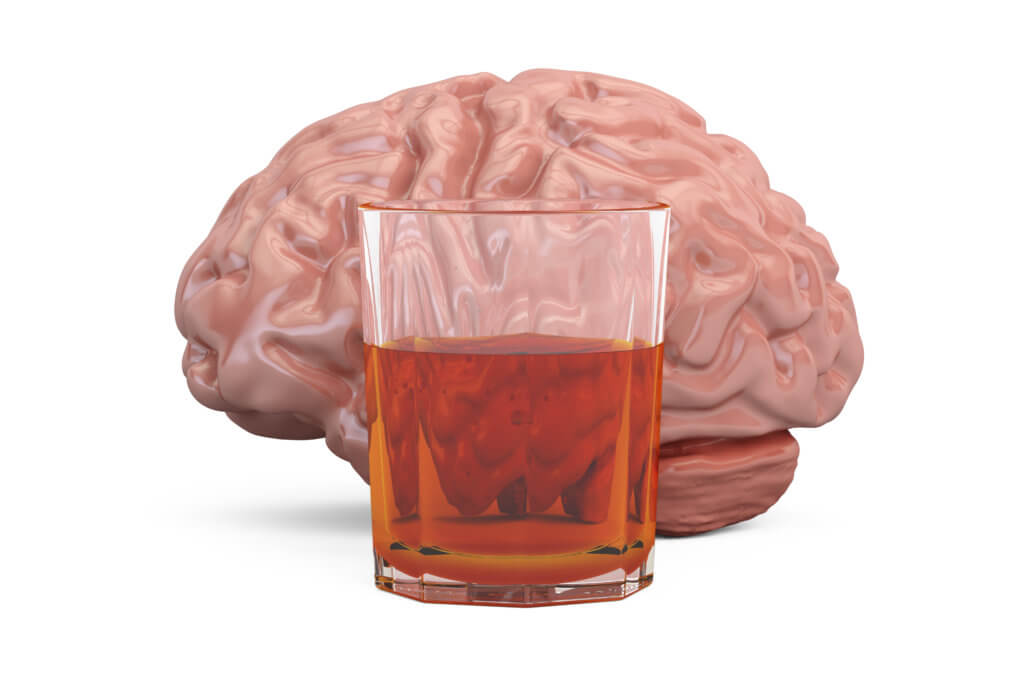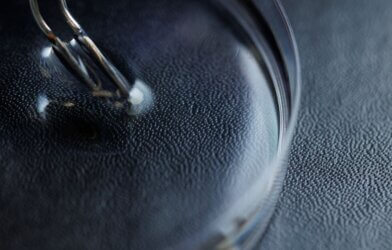A new gene editing procedure may provide doctors with a potential cure for both anxiety and alcohol use disorders. Researchers at the University of Illinois Chicago (UIC) say the treatment acts like a “factory reset” for the patient’s brain.
Previous studies by the same team have found that binge drinking during adolescence actually alters a person’s brain chemistry. These changes take place in the enhancer region of the “Arc” gene, or the activity-regulated cytoskeleton-associated protein immediate-early gene.
Alcohol abuse decreases Arc expression in the amygdala in both rodents and humans. This region of the brain plays a critical role in how people process emotions. When these changes occur in the Arc gene and in the amygdala, scientists believe it makes someone more likely to suffer from mental health issues and use alcohol excessively during adulthood.
The new study focused on reprogramming and reversing these changes to the brain at a genetic level.
“Early binge drinking can have long-lasting and significant effects on the brain and the results of this study offer evidence that gene editing is a potential antidote to these effects, offering a kind of factory reset for the brain, if you will,” says study senior author Subhash Pandey, the Joseph A. Flaherty Endowed Professor of Psychiatry and director of the Center for Alcohol Research in Epigenetics at UIC, in a university release.
CRISPR hits the reset button
Using the gene-editing tool CRISPR-dCas9, the team manipulated the histone acetylation and methylation processes in the Arc gene of lab rats. These two processes play key roles in whether a gene is more or less likely to activate within the person or animal.
To start, researchers studied adult rats exposed to alcohol when they were younger — at approximately the same age as a 10 to 18-year-old human. The team measured anxiety levels using behavioral exams such as a maze test. They also kept track of the rats’ addiction to alcohol by giving the animals a choice between two bottles — one containing water or sugar water and the other containing varying concentrations of alcohol.
When the CRISPR technology promoted acetylation, Arc gene expression in the rats normalized. This also decreased the signs of anxiety and lowered the animals’ alcohol consumption.
In their next experiment, study authors examined a group of rats that had no exposure to alcohol at a young age. They found that promoting methylation caused Arc expression to decrease, leading to an increase in anxiety and drinking.
“These results demonstrate that epigenomic editing in the amygdala can ameliorate adult psychopathology after adolescent alcohol exposure,” the study authors report.
“Adolescent binge drinking is a serious public health issue, and this study not only helps us better understand what happens in developing brains when they are exposed to high concentrations of alcohol but more importantly gives us hope that one day we will have effective treatments for the complex and multifaceted diseases of anxiety and alcohol use disorder,” adds Pandey, who is also a senior research career scientist at Jesse Brown VA Medical Center. “That this effect was seen bidirectionally validates the significance of the Arc enhancer gene in the amygdala in epigenetic reprogramming from adolescent binge drinking.”
The study is published in the journal Science Advances.












